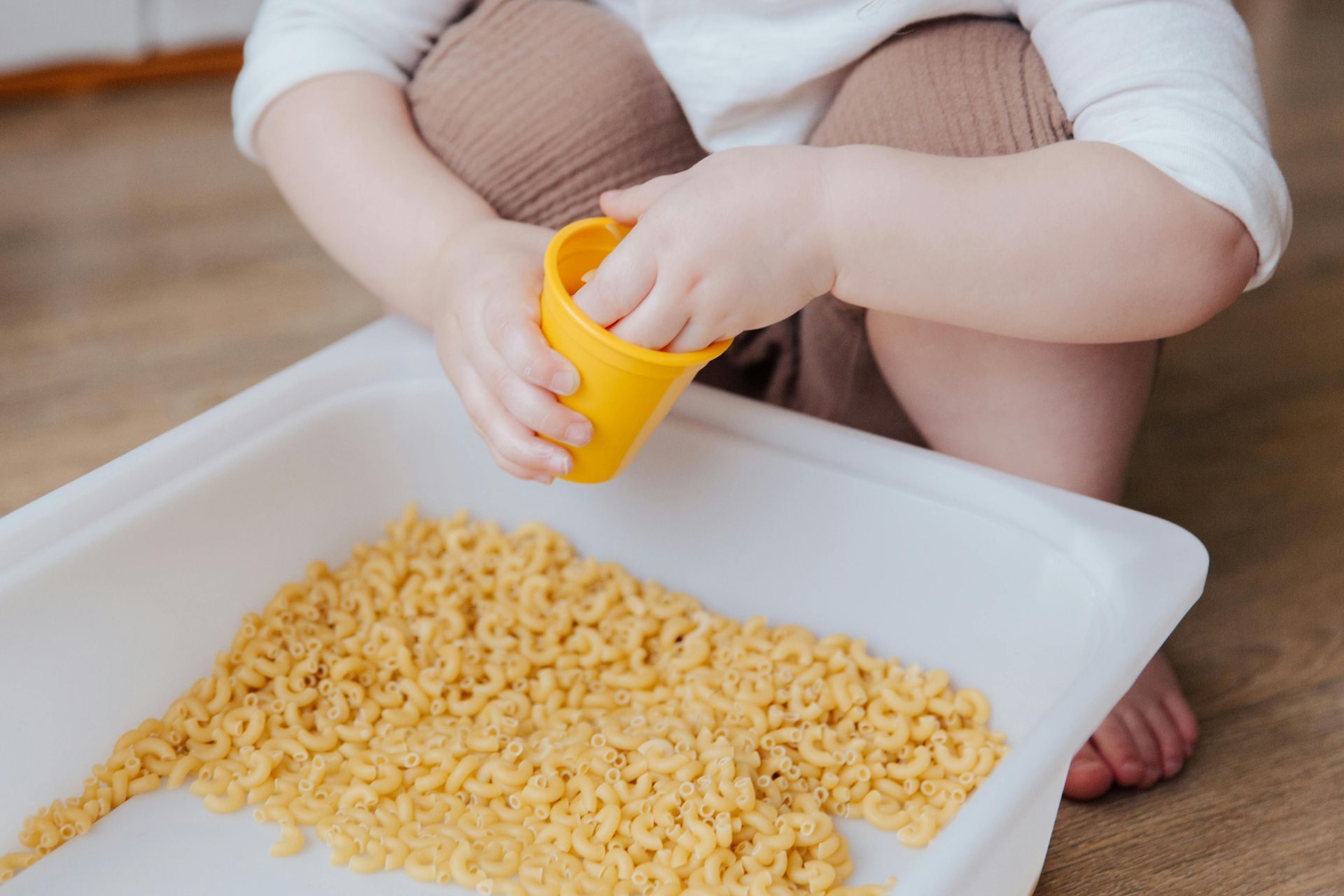Navigating Feeding Hurdles
What's Really Behind the Dinner Table Drama?
Hey there! Let's talk about something that's a big deal for many parents and caregivers: feeding difficulties in children. You know the drill – from picky eating to downright mealtime meltdowns, these challenges can make dinnertime feel like a battlefield. But what's really going on behind the scenes? Well, buckle up because we're about to dive into the nitty-gritty of what causes these feeding woes.
Nutrition:
Okay, so imagine this: your little one's body is like a high-performance machine, and it needs the right fuel to keep running smoothly. When they're not getting the good stuff – like vitamins, minerals, and all that jazz – it can throw things out of whack. Think of it like trying to drive a car on an empty tank – it's not going to go far. Plus, certain medical conditions like GERD (you might know it as acid reflux) or food allergies can make eating downright uncomfortable. I mean, who wants to chow down when their tummy's not feeling so great?
Environment:
Let's set the scene: It's dinner time, and you're all gathered around the table. But instead of a peaceful family meal, it feels more like a wrestling match. Sound familiar? The atmosphere during meals can make a huge difference. If it's chaotic or tense, it's no wonder your kiddo might not be in the mood to eat. On the flip side, a relaxed vibe where everyone's having fun can make mealtime a whole lot more enjoyable.
Muscle Function:
Okay, so eating might seem simple, but it's actually a pretty complex process that involves a bunch of muscles working together. From chewing to swallowing, it's like a coordinated dance inside your mouth. But for some kids, things like weak muscles or nerve issues can throw off their groove. That can make eating feel like more of a chore than a pleasure.
Development:
Remember when your little one was just starting to eat solid foods? It was like watching them take their first steps – exciting, but a little nerve-wracking too. That's because eating is a skill that develops over time. But if your kiddo hits roadblocks along the way, like delays in motor skills or sensory sensitivities, it can slow down their progress.
Sensory Processing:
Okay, picture this: you're about to take a bite of your favorite food, but as soon as it touches your tongue, you're like, "nope, not today." Sounds weird, right? But for some kids, certain textures, tastes, or smells can be major turn-offs. It's like their senses are on high alert, making eating anything other than their favorite foods a real challenge.
Learning History/Style:
Here's the thing – kids are smart cookies. They figure stuff out pretty quickly, including how to get what they want. So, if they've had bad experiences with food in the past – like choking or being forced to eat stuff they hate – it can stick with them. And hey, some kiddos learn that acting up at mealtime gets them attention, so they keep doing it.
Organ System Involvement:
Now, let's talk about what's going on inside your little one's body. You see, there are all sorts of medical stuff that can mess with their appetite and digestion. Things like tummy troubles or metabolic disorders can make eating feel like more of a chore than a pleasure. Getting to the bottom of these issues is key to helping them eat better and feel better overall.
So, there you have it – the ins and outs of what's really behind feeding difficulties. It's a whole mix of stuff, from physical to emotional factors. But understanding what's going on is the first step to helping kids eat better and making mealtime a little less stressful for everyone involved.












